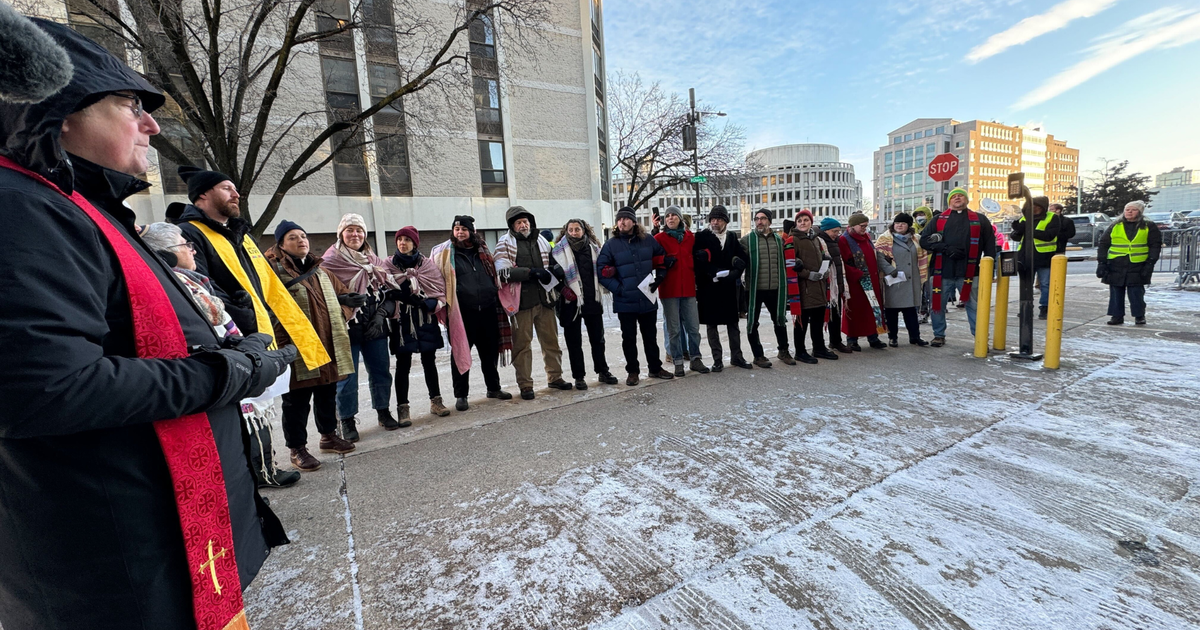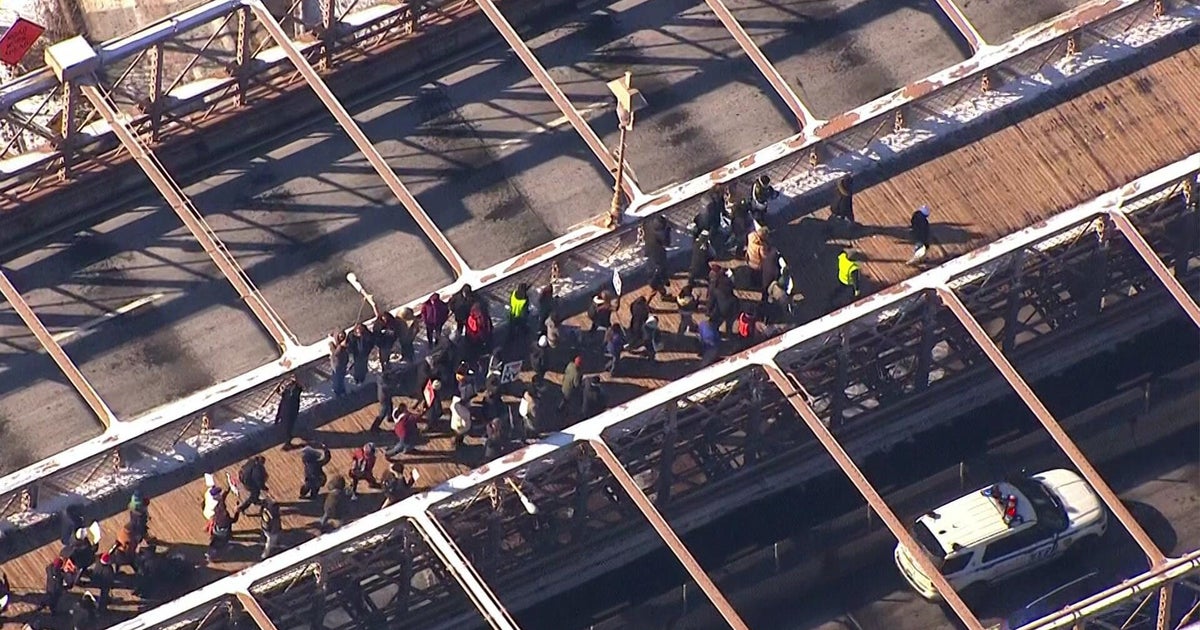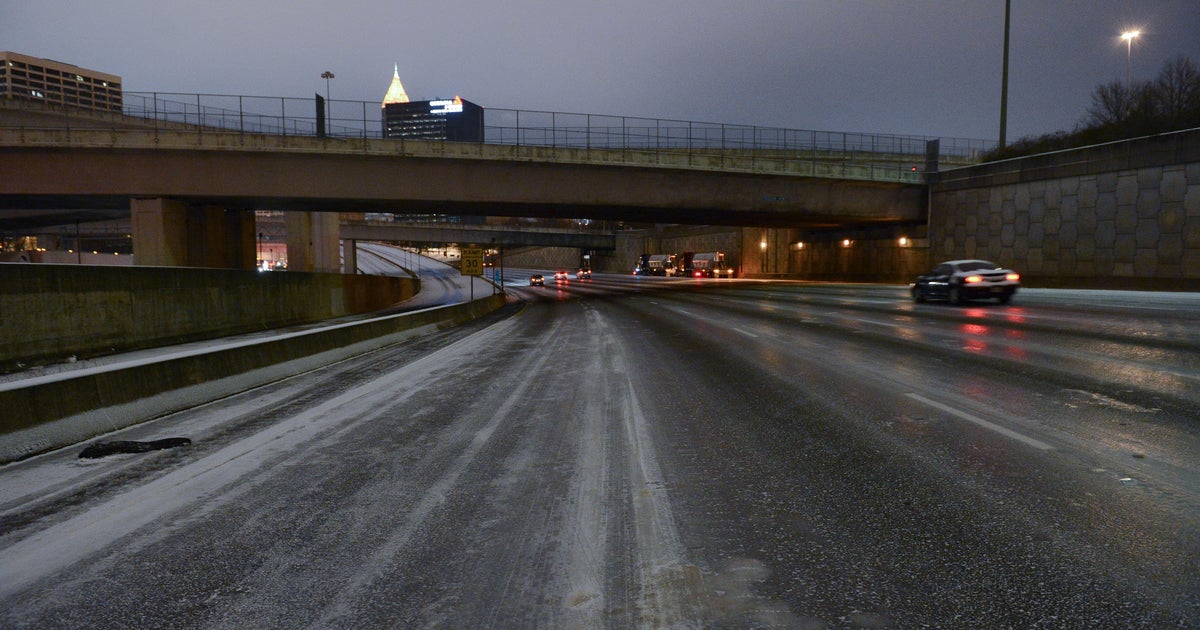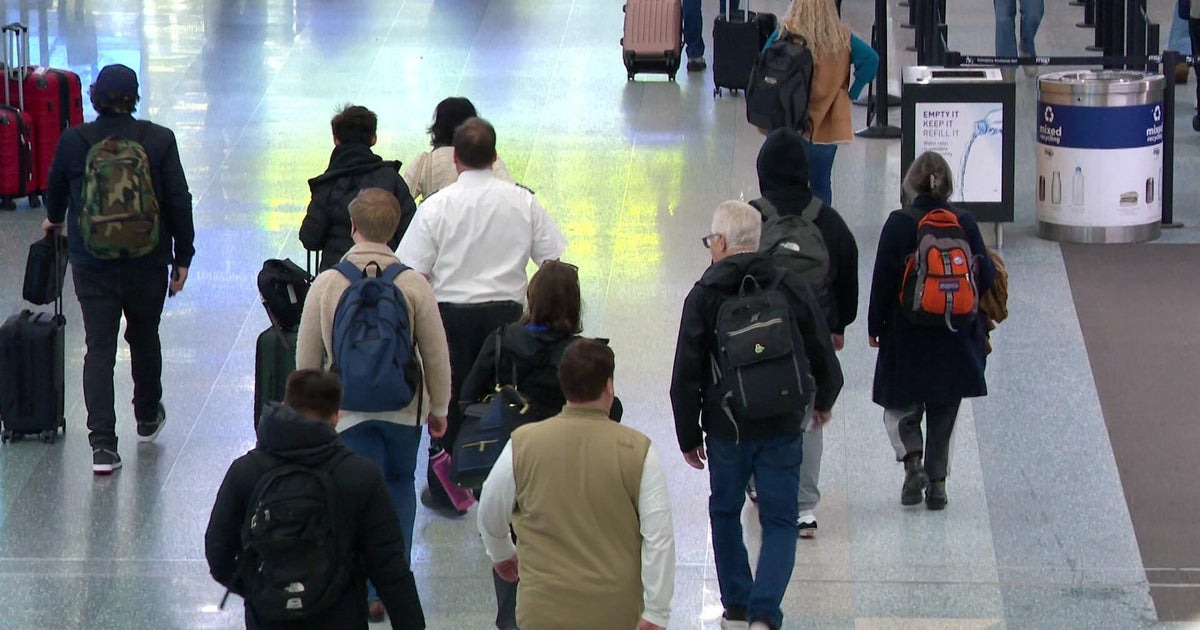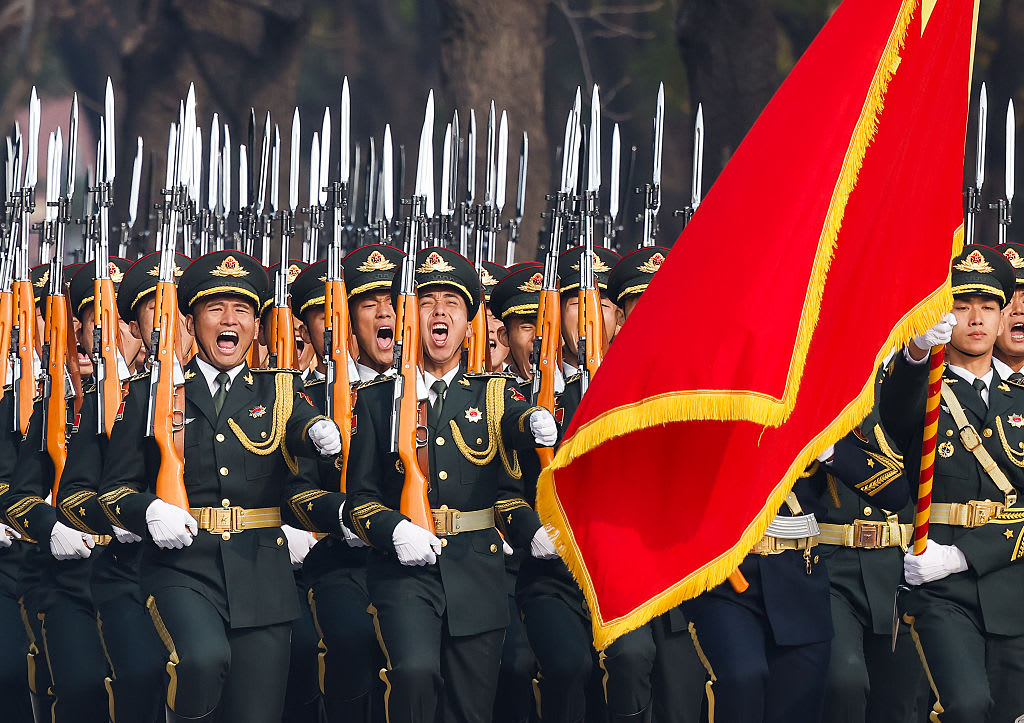Hong Kong leader ignores protesters' ultimatum to retract proposed China extradition law
Hong Kong -- The Beijing-appointed Chief Executive of Hong Kong has rejected protesters' demands to scrap a controversial piece of legislation, making it likely that massive protests will resume in the semi-autonomous Chinese territory. Protest leaders had called on residents to surround the Chinese region's central government offices if the leader ignored their demands.
Proposed changes to Hong Kong's extradition law with mainland China, advanced by the territory's Chief Executive Carrie Lam, are at the center of the political storm engulfing the city.
Many residents fear the proposal would give Beijing the power to extradite people accused of crimes in Hong Kong across the border into mainland China, where they would be subjected to China's opaque justice system. One of the perks of Hong Kong's semi-autonomy since the late 1990s has been an independent judicial branch.
Since June 9, millions of people have protested against the law in peaceful organized marches. A harsh reaction by police led to clashes that left dozens injured and one person dead.
As protest leaders' 5 p.m. Thursday deadline for Lam to retract the extradition bill came and went, CBS News spoke to infuriated demonstrators outside Hong Kong's Central Government Offices.
Organizers did not issue any statement indicating how they would proceed on Thursday, but they had warned previously that if Lam ignored the deadline they would resume the mass protests. Leaders told CBS News they would likely issue a statement on Friday.
The huge protests against the legislation prompted Lam last Saturday to announce a "pause" in all debate around the bill, but she has not yet met the protesters' key demand to totally withdrawal the proposal. On Tuesday she apologized in public after initially releasing a text-only statement on Sunday through a government spokesperson. Her actions have only served to further infuriate her critics.
"It's very hard for Hong Kong people to trust her again," 20-year-old political science student and protester Matthew told CBS News. "The Chinese government gives her missions and she must do them all."
Another demonstrator, 37-year old Zoe, told CBS News through tears that Lam's inaction had left her sad and angry. The mother said she was hit by a police projectile during last week's violence. She showed CBS News a fading bruise on her left calf.
She said she "never imagined that in my life I would have a chance to get shot by police. I'm so angry. So angry."
Kris, a 17-year-old student, said she had no trust in Lam whatsoever; "all the things she did is to obey the China government, and I don't think she is serving us."
In the run-up to Thursday's deadline, a loose association of university-associated protest groups, officially known as The Student's Unions of Higher Institutions, reiterated its four main demands of Lam:
- Withdraw the extradition bill "completely and permanently"
- Retract the government's statement defining the violence on June 12 as a "riot"
- Drop all charges against protesters
- Establish an independent probe to investigate claims of "police brutality"
"Hongkongers do not need crocodile tears from a murderous regime, nor will we accept a mere 'suspension' of the bill," the union said in a statement.
A major annual pro-democracy march has been scheduled for July 1, a controversial day in Hong Kong as it was when, in 1997, Britain returned the former colony to China when its 99-year lease on the territory expired.
Since then, tension between the residents of the region and mainland China have worsened as Beijing has sought to assert greater control over the city on its southern coast.
